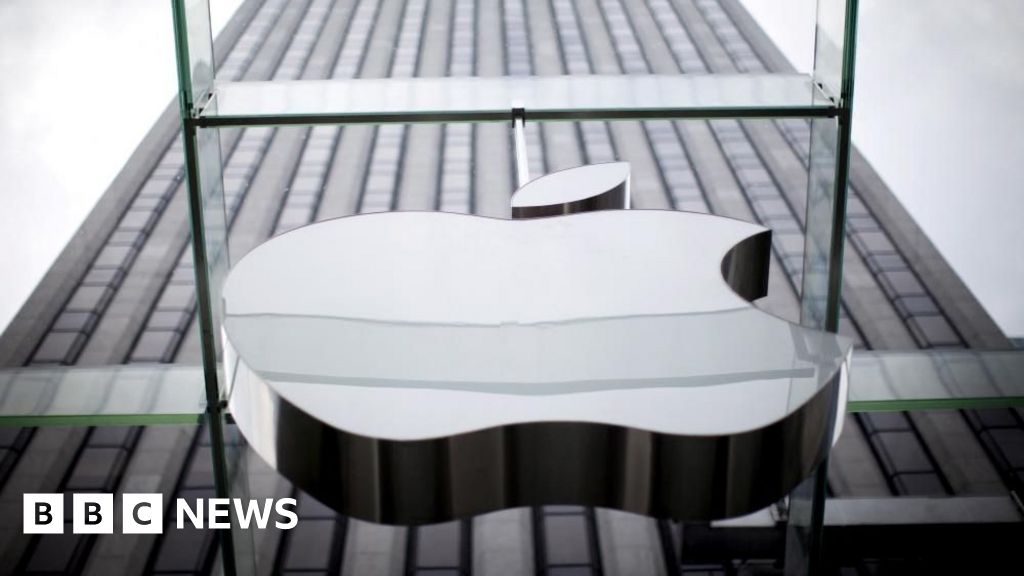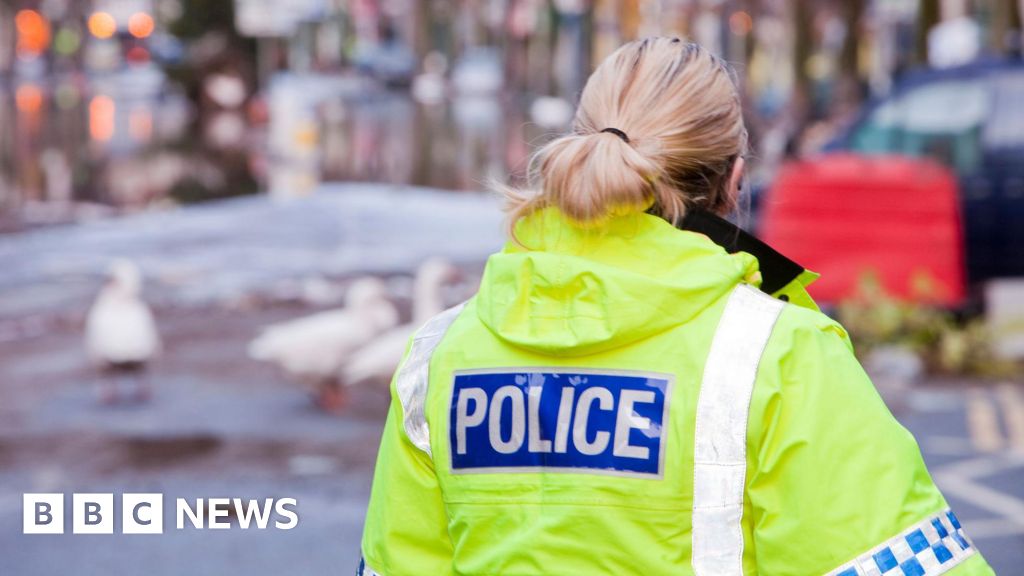ARTICLE AD BOX
Chris Vallance
Senior Technology Reporter

 Getty Images
Getty Images
Wikipedia is taking legal action against new Online Safety Act regulations it says could threaten the safety of its volunteer editors and their ability to keep harmful content off the site.
The Wikimedia Foundation - the non-profit which supports the online encyclopaedia - is seeking a judicial review of rules which could mean Wikipedia is subjected to the toughest duties required of websites under the act.
Lead counsel Phil Bradley-Schmieg said it was "unfortunate that we must now defend the privacy and safety of Wikipedia's volunteer editors from flawed legislation".
The government told the BBC it was committed to implementing the act but could not comment on ongoing legal proceedings.
It's thought this is the first judicial review to be brought against the new online safety laws - albeit a narrow part of them - but experts say it may not be the last.
"The Online Safety Act is vast in scope and incredibly complex," Ben Packer, a partner at law firm Linklaters, told the BBC.
The law would inevitably have impacts on UK citizens' freedom of expression and other human rights, so as more of it comes into force "we can expect that more challenges may be forthcoming", he told the BBC.
These will add to the array of challenges the act already faces, from claims it's burdensome rules are forcing harmless small websites to close - to those who argue the law and its enforcement are too weak and not up to the job.
Why is Wikipedia unhappy?
The Online Safety Act requires the regulator, Ofcom, to categorise platforms according to their size and their potential to cause users harm.
Those designated "Category 1" - the highest level - will face additional duties to keep users safe.
In very simple terms, sites are most likely to be classed as Category 1 if they allow millions of UK users to interact and share content with each other, and have systems that recommend content.
These rules were originally designed to target the services where UK users were most likely to encounter harmful content - but Wikipedia is concerned they are so vaguely defined there is "a significant risk" it will be included in Category 1.
If that happened, the consequences for the army of volunteers who write and edit articles could be serious and would reach beyond the UK, the Foundation argues.
It has singled out additional duties which could, in effect, require the site to verify the identities of its volunteers - something it fears could expose them to data breaches, stalking, vexatious lawsuits or even imprisonment by authoritarian regimes.
"We would be forced to collect data about our contributors, and that would compromise their privacy and safety, and what that means is that people would feel less safe as contributors", Rebecca MacKinnon the Wikimedia Foundation's vice president of global advocacy told the BBC
"We've seen in other parts of the world, when people do not feel safe contributing to Wikipedia, then they then they shy away from controversial topics that may be challenging to to people who are powerful, and that reduces the quality and the usefulness of the encyclopaedia".
'Outlier' services
The Wikimedia Foundation stresses it is not trying to challenge the OSA in general, or the idea that there should be Category 1 services subject to additional duties.
Instead, it is challenging parts of the so-called "Categorisation Regulations" that set out how the regulator Ofcom will decide which sites will have to follow the most stringent duties.
It argues, as currently defined, they risk not only inappropriately catching sites such as Wikipedia but also missing some platforms which should be abiding by tougher rules.
"The Regulations do not just risk overregulating low risk "outlier" services, like Wikipedia," Phil Bradley-Schmieg wrote in a blog post.
"As designed, the regulations will also fail to catch many of the services UK society is actually concerned about, like misogynistic hate websites".
The foundation argues its volunteers already do an effective job of keeping harmful content off the platform.
After the 2024 Southport murders, volunteers worked night and day to provide reliable and neutral information Mr Bradley-Schmieg wrote.
Ben Packer argues the foundation will have a high bar to cross to convince a court that the Secretary of State acted unlawfully making the regulations.
"Typically, it is difficult to succeed in a judicial review challenging regulations," he told BBC News.
"Here, Wikimedia will be challenging regulations set by the Secretary of State on the advice of Ofcom, after they had conducted research and consultation on where those thresholds should be set," he pointed out.
Ofcom has not yet categorised any services, but has requested information from a number of sites - including Wikipedia - and is awaiting responses.
In a statement it said: We note the Wikimedia Foundation's decision to challenge the categorisation regulations set by the Secretary of State under the Online Safety Act."

 4 hours ago
4
4 hours ago
4








 English (US) ·
English (US) ·